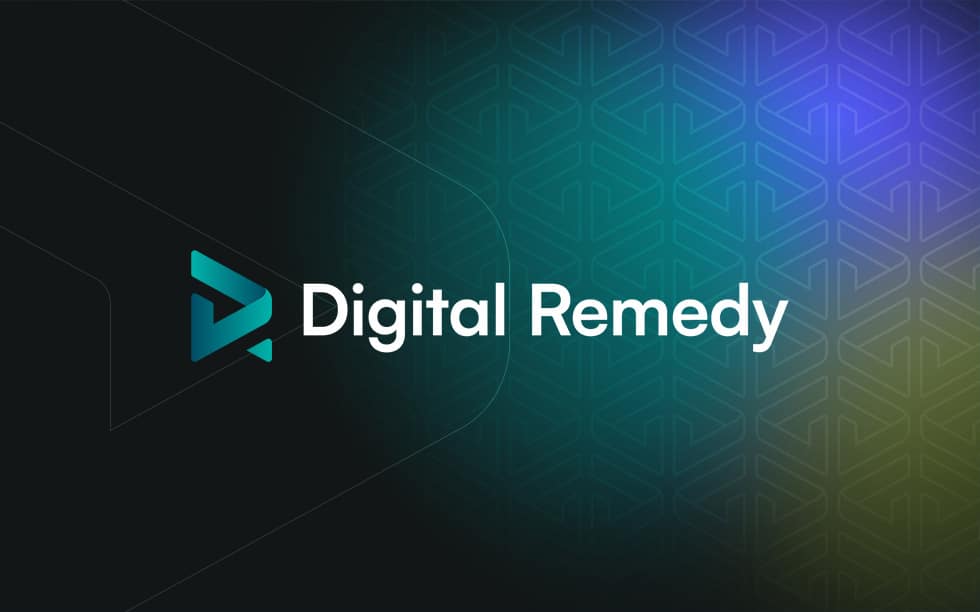Oct 19, 2022
Cutting through the noise with your political advertising campaign can often seem like an impossible task—leaving some campaign managers searching for new and inventive ways to broadcast their candidate’s message. One way some campaigns are attempting to break through the noise is with podcast advertising. According to a study conducted by Edison Research and Triton…

Cutting through the noise with your political advertising campaign can often seem like an impossible task—leaving some campaign managers searching for new and inventive ways to broadcast their candidate’s message.
One way some campaigns are attempting to break through the noise is with podcast advertising.
According to a study conducted by Edison Research and Triton Digital, over 62m people listen to podcasts every week—a jump from 19m listeners in 2013.
But this huge growth in listenership isn’t the only reason more and more advertisers are making the jump to digital audio. Learn more about the benefits podcasts offer to political advertisers.
When tuning into podcasts, listeners grow to love and admire their favorite hosts—carving out time weekly, or even daily, to make sure they catch the latest episodes. This trust between the audience and the content creator creates a unique and impactful type of advertising available on podcasts.
A study by IAB showed that listeners respond better to advertisements read by podcast hosts instead of pre-produced ads. A podcast advertisement oftentimes comes off as more sincere and conversational to listeners because it doesn’t break from the content—it’s right in the heart of it. This leads to an already attentive audience listening deeply to a message from someone they trust.
This form of advertising can be especially helpful in today’s political landscape, where distrust of the media is at an all-time high among voters.
Whether to stay informed, entertained, or escape the daily stresses of life, podcast audiences truly savor the time spent tuned in.
Because listeners schedule a time that’s right for them to listen to their favorite shows, they listen deeply and oftentimes pay close attention to the message. Researchers call this phenomenon “personal prime time.” This amount of attentiveness is extremely rare in the age of micro-content and the constant flood of new media to consume.
According to a recent study conducted by Audacy, audio impressions carry significant weight with consumers. Because listeners become so deeply immersed in the show they are listening to, they are also more likely to pay greater attention to ads in this content.
Podcasts offer advertisers similar targeting capabilities as television streaming. Podcast ad personalization allows advertisers to use listeners’ insights and personal info to increase the relevancy of the ads they are shown. This allows campaign managers to track their ad results in real time and pivot their message if needed, giving politicians a better pulse on how potential voters react to their message.
Ad targeting on podcasts can be especially helpful in local political races because of the ability to target audiences by zip codes and cities.
Additionally, display retargeting allows candidates to reconnect with listeners who have already heard their audio ads by delivering display ads to them as they browse the Internet, keeping them top of mind.
There are few better brand or candidate advocates than heavy podcast listeners. According to AdWeek, two-thirds of heavy podcast listeners claim they enjoy recommending things for people to try. While a political candidate might not be the same as a new espresso machine, one could assume this love for recommending things to friends and family could also flow over to political candidates they support.
Digital marketers know all about the struggle that comes with ad blockers. Luckily, podcasts have shown to be an alternative way advertisers can attempt to engage with users online.
There are a few ad-blocking apps that can be used for podcasts, but compared to other forms of digital media, ad blockers on podcasts are rare.
This can make you feel confident that your candidate’s message is being heard and your campaign budget isn’t wasted.
Figuring out your media buying strategies when working on a political advertising campaign can be difficult. But utilizing a media-buying platform that allows you to track your campaign and analyze data can make things easier and more effective.
Digital Remedy’s AdReady and Flip platforms allow marketing account managers to do everything from media planning and buying to tracking down funnel KPIs and optimizing digital campaigns in real time.
We provide advanced targeting capabilities to connect candidates with engaged listeners, delivering messaging across digital audio networks on all major devices. See how you can leverage specific data segments, such as age, location, consumer behaviors, and buying intentions, to precisely reach your desired audience as they consume relevant podcasts.
Speak with a member of our team today to learn how Digital Remedy can help you optimize your media buying strategy with the power of podcasts.
Related Posts

Each passing year, consumer holiday shopping spend rises significantly, driven by increased demand for easy online purchases and personalized.

Despite concerns about inflation, weather, and unruly passengers, U.S. consumers remain optimistic about travel and tourism. It is no.

How Does Performance Marketing Work? In today’s ever-evolving media optimization landscape, the marketer’s ability to combine brand marketing efforts.